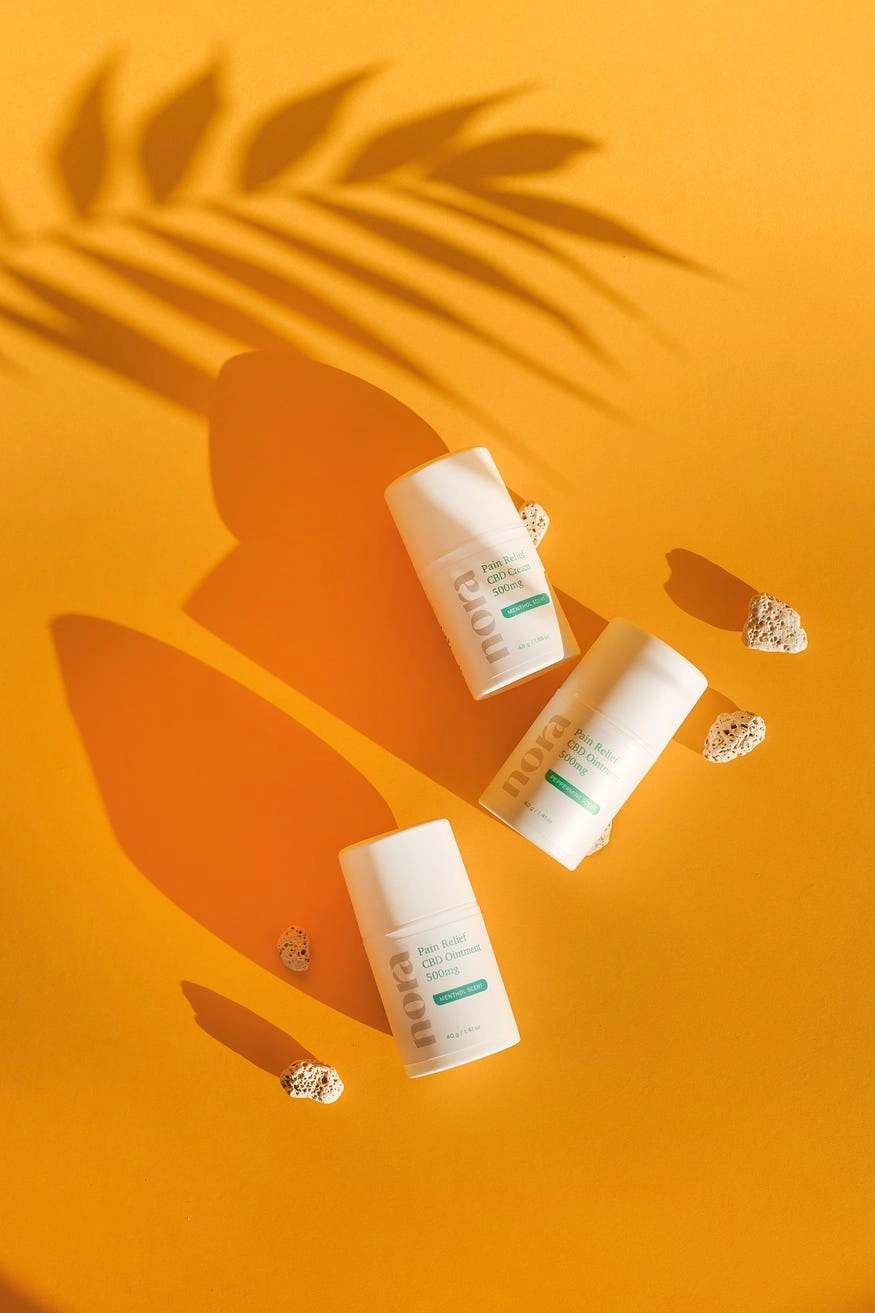Debunking the Myth: The Importance of Sunscreen on Cloudy Days

Photo by on
Is sunscreen truly needed on cloudy days?
It’s a bit like wondering if an umbrella is necessary when it’s not raining, right? Well, hold onto your sun hats because the answer might surprise you.
The Skin Cancer Foundation has found that up to 80% of UV rays can get through clouds. So, even on cloudy days, sunscreen is still your skin’s best friend.
In this article, we’ll clear up the confusion and explain why sunscreen is important all year round for keeping your skin healthy and glowing.
The Cloudy Day Deception
Picture a sky filled with fluffy clouds, a gentle breeze, and the sun occasionally peeking through. It might be tempting to think, ‘I can skip sunscreen today.’ But it’s essential to understand that those harmless-looking clouds may not be your skin’s best protection.
Now, let’s delve deeper into the science of UV rays.
UV Rays
To comprehend why sunscreen remains essential even on cloudy days, let’s delve into the science of UV radiation. There are two primary components at play here:
UVA rays, often referred to as the covert culprits, contribute to premature aging, including the formation of fine lines and wrinkles.
UVB rays, on the other hand, are responsible for causing sunburn, resulting in that unpleasant reddening of the skin.
Despite clouds providing some protection against UVB rays, they offer limited defense against UVA rays.
Consequently, even on overcast days, your skin remains vulnerable to UVA rays, potentially resulting in skin issues.
Skin Protection on Overcast Days
Now, what happens when you decide to forgo sunscreen on a cloudy day?
Here’s the situation: your skin isn’t as shielded as you might believe. Over time, this oversight can lead to:
Premature aging manifests as the emergence of wrinkles and age spots.
Skin dryness is akin to the sensation of being stranded in a desert for an extended period.
An escalated risk of skin cancer, an adversary one would do well to avoid.
Selecting the Right Sunscreen
Choosing the right sunscreen is a crucial decision that depends on your daily activities and skin type. Here’s how to make the best choice:
SPF Selection: SPF (Sun Protection Factor) indicates how well a sunscreen guards against UVB rays, responsible for sunburn. Choose an SPF based on your skin type and daily sun exposure. SPF 30 is a balanced choice for daily use.
Broad-Spectrum Assurance: Ensure your sunscreen is labeled as “broad-spectrum” to protect against both UVA (premature aging) and UVB (sunburn) rays, providing comprehensive UV radiation defense.
Water-Resistant Reliability: If you’ll be swimming or engaging in vigorous activities causing sweat, opt for water-resistant sunscreen. It remains effective even during water exposure and heavy perspiration.
Skin Compatibility: Take your skin type into account when choosing sunscreen. There are formulations designed for various needs such as sensitive, oily, dry, or acne-prone skin. Opting for one that suits your skin type ensures both protection and comfort.
Additional Benefits: Some sunscreens come with added advantages. Seek out oil-free options for oily or acne-prone skin, opt for matte finishes to achieve a non-greasy appearance, or consider sunscreens with subtle tints for enhanced coverage.
Applying Sunscreen
Now that you have the perfect sunscreen, let’s discuss how to put it on like a pro:
Use Enough: Don’t be shy with your sunscreen. Put on a good amount to cover all the skin you’re exposing. For adults, think about using an amount similar to filling a standard shotglass.
Get a Head Start: Apply sunscreen 15–30 minutes before you head outside. This gives it time to start working and protect your skin.
Keep Reapplying: Sunscreen isn’t a one-time thing. Make sure to put on more every two hours, especially if you’re in the water or sweating a lot.
Don’t Forget the Spots: Pay extra attention to areas we often overlook, like your neck, ears, lips, and the backs of your hands. These places can get sunburned too.
Sunscreen and Makeup: If you’re worried about how sunscreen works with makeup, don’t be. You can apply sunscreen under your makeup. Some makeup even has SPF in it for extra protection.
Sunscreen Is Your Daily Companion
In the effort to protect your skin from the harmful effects of UV rays, taking shortcuts isn’t a good idea. The idea that you can skip sunscreen on cloudy days? It’s not true. Whether it’s rainy or sunny, sunscreen is your reliable partner in keeping your skin healthy and glowing.
Here are some extra tips:
Choose a broad-spectrum sunscreen with an SPF that matches your skin type.
Don’t forget to reapply sunscreen, especially when you’re spending time outdoors.
Be thorough and apply sunscreen to often-neglected areas like your neck, ears, and the back of your hands — they need protection too.
Like this project
Posted Mar 25, 2024
A short-form blog post about the importance of wearing sunscreen.
Likes
0
Views
10
Tags



